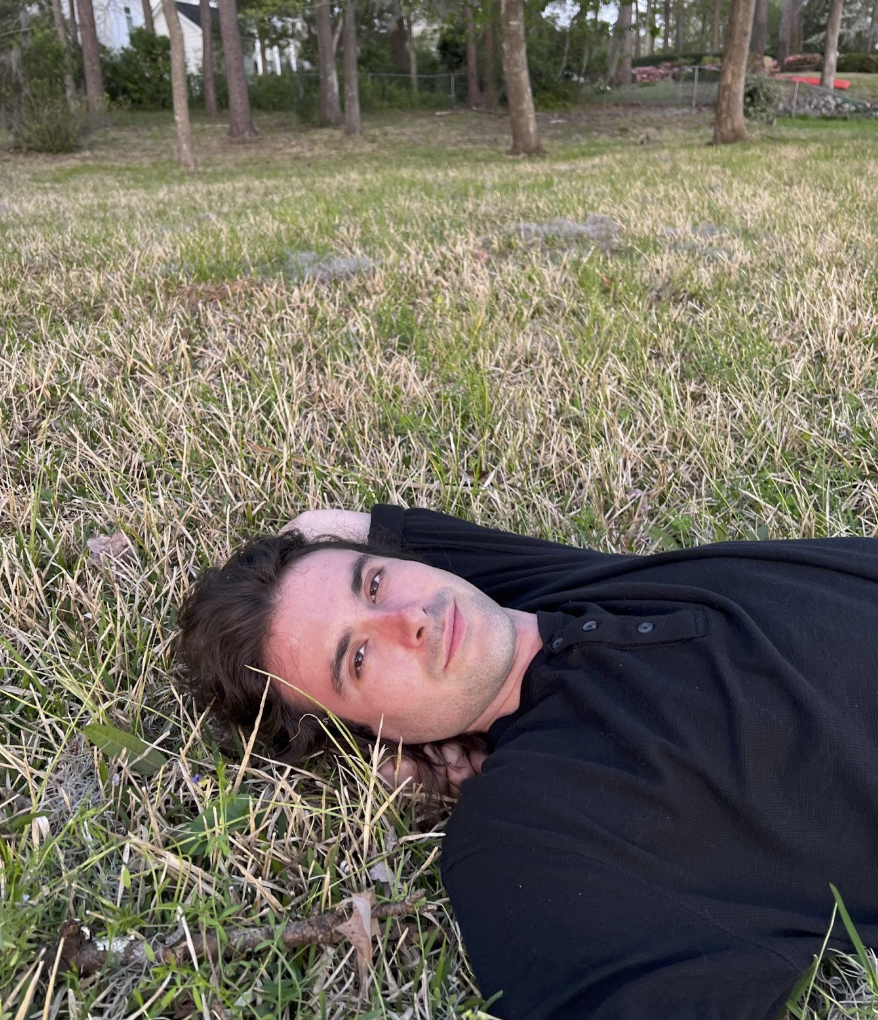Ma is in the kitchen, pouring oil into a red-hot pan
creating a small explosion. Beside her left hand
were knives of different sizes: the slimmest for the tomatoes and lettuce
the awl-shaped one to open the belly of a fish,
the square one, heavy as a brick, to chop through bones,
that would soon be floating in a boiling pot,
to be used as bleacher for the soup.
I remember someone once said,
that the kitchen in a Chinese household is a slaughterhouse of everything.
Corpse of living organisms wrapped in foams and plastics
severed from their trees, their stems and their flesh
to be dismembered, disfigured,
and flung into Inferno’s sizzling flames
fueled by natural gas and lit
by my Ma, a forgotten silver ring bond
to her right hand, weathered and withered
by the heat of the stove and the chilliness of the tap water
that runs through her skin as indifferently
as she dissects a fish alive with those hands.
A traditional Chinese kitchen must be an ideal place to
commit murder. Almost everything around you has the potential
of becoming a lethal weapon.Those long glass bottles
filled with vinegar and soy sauce could crack a human skull
as easily as she crashes a pistachio between her fingers. The knives
that she have wielded for twenty years over numerous pieces of flesh
could eradicate all evidence. Then start a fire – a fire,
leaping straight out from the madwoman’s attic
at a careless twitch of her finger.
Among these deathly objects my Ma reigns,
too busy to notice the fact that she could set the whole city aflame
with the fire in her kitchen that was her oldest friend,
her most trusted comrade
in her career of keeping the house warm and alive.
Through the kitchen door I occasionally heard her singing
to some 30-year-old songs on the radio. Lightly pacing
the floor like the schoolgirl I’ve never met, among
the objects that feast on
the blood of chickens, calves, cabbages and cauliflowers.
She argues with her husband through the kitchen door, the iron sink
supporting her weight like a loyal friend,
The knives of different sizes hung behind her as an array of soldiers.
Those heavy glass bottles of
spices (placed high enough to prevent her children from hurting
themselves by accidents)
are just above her head.
It would have been extremely hazardous to place an exasperated person
in a room filled with destructive weapons that she knows
as if they were the extensions of her own body.
Yet she seems completely ignorant of her powers, unaware of
those minor explosions occurring before every meal was served. Would that
ever reminds her of those flaming buildings that collapsed majestically on TV?
When she pours out the intestines of a fish
for the hundredth time in her life, would she ever imagine
that it was something else – anything would do – struggling between her fingers?
imagine another person standing in this kitchen, clutching the knife
that has once been tightly held by her mother,
and that she has been looking forward to put in her own daughter’s hand
since the day that she was born.
Now as I am learning to cook in my Ma’s kitchen, those knives
she proudly displayed before me remind me of a hospital.
In a documentary about childbirth that I had watched in Biology class,
a masked surgeon would lay that exact number of cold, sharp, metal instruments
in front of the woman, ready to slit open her body
for a new life to spring out from hers.
When Ma grabs my hand to teach me how to open the fish’s belly,
My mind wanders back, back, back,
all the way to my childhood bedroom
where she first showed me the long scar across her abdomen
that had once served as my entrance to this world.





























